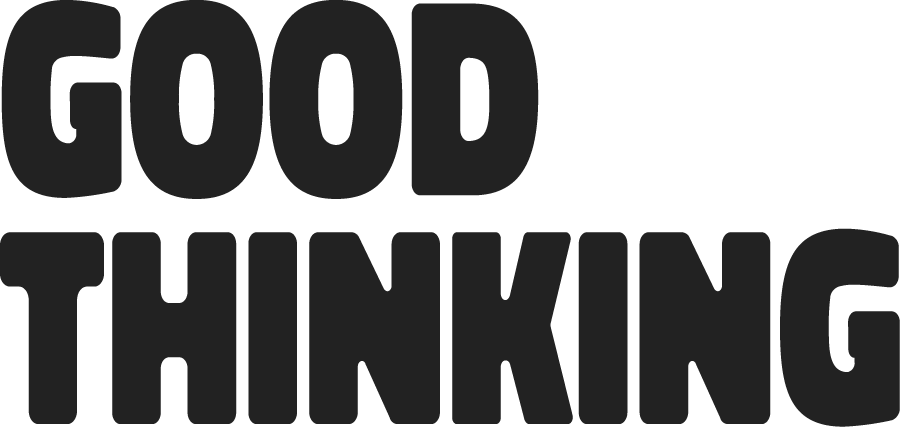Remote, Hybrid or In-Office: What’s Actually Best for Work in 2025?
Blog Post: Remote, Hybrid or In-Office: What’s Actually Best for Work in 2025?
In recent years, the world of work has undergone a seismic shift, prompting a burning question for leaders and HR professionals alike: What’s the most effective working model, remote, hybrid or fully in-office?
In a recent episode of The Strategic Leader podcast, we sat down with Dr Gemma Dale, senior lecturer and researcher at Liverpool John Moores University, to cut through the noise and uncover the evidence behind the headlines. The result? A thought-provoking exploration into what really works when it comes to flexible working and why the answer isn’t one-size-fits-all.
The Wrong Question: “Which Model is Better?”
Dr Dale’s first point is a wake-up call: asking “which is better” is the wrong question. The truth is, the answer depends on the organisation, the role, the team, and the type of work. Leaders must resist the temptation to apply blanket mandates and instead focus on what helps people do their best work.
Too often, discussions about flexible working are driven by opinion rather than evidence. Dr Dale notes that even with a wealth of data on flexible work, many leaders still default to personal experience when making decisions, what she calls experience bias. As a result, return-to-office (RTO) mandates are frequently based on “what worked for me” rather than what’s best for the organisation today.
The Real Challenge: Defining Productivity
Why do so many organisations struggle with hybrid or remote work? One critical issue is that productivity remains difficult to measure. In the absence of clear metrics, many leaders fall back on visible presence as a proxy for performance. As Dr Dale puts it, “If I can’t see you, what are you doing?”
This lack of intentionality creates a vicious cycle: without defining productivity, leaders rely on presence; without rethinking how work gets done, hybrid work feels ineffective; and without proper support, organisations retreat to the familiar, requiring everyone back in the office.
Flexibility: Why Employees Value It (And Why It Matters)
Despite the challenges, the data is clear: employees overwhelmingly value flexibility, not just in location, but in time and autonomy. Whether it’s managing childcare, doing a lunchtime workout, or simply having more control over the day, flexibility offers more than convenience; it offers better wellbeing, engagement, and job satisfaction.
Crucially, people are willing to make significant sacrifices to retain flexible work options, from increased workloads to leaving inflexible employers. Organisations that ignore this risk losing top talent.
Evidence-Led Leadership: Key Takeaways
So, what’s the best way forward? Dr Dale advocates for a more evidence-driven approach:
Start with Purpose: Don’t ask “where should people work?”, ask “how can people work to achieve our organisational goals?”
Define ‘Good’: Invest in clearly articulating what good performance and productivity look like. Without this, presence will continue to be mistaken for output.
Collect Your Own Data: Understand how your own employees experience flexible work. What supports or hinders them? What are their real needs?
Challenge Bias: Leaders must recognise how their own experiences shape decisions. Stay open, ask better questions, and beware the “status quo” trap.
Tailor Flexibility: Flexibility policies should be adaptable, often at the team level, to reflect the diversity of roles and responsibilities.
The Strategic View: Think Forward, Not Back
Returning to the office may feel like the safe option, but Dr Dale warns it’s strategically backwards. True leadership means designing ways of working that serve both the organisation and its people- not clinging to past models because they feel familiar.
And finally, as Dr Dale reminds us, the right question isn’t “where should people work?” It’s “how do we create the conditions for people to do their best work?” Strategic leaders know that staying curious, challenging assumptions, and acting on evidence, not opinion, is the real key to long-term success.
